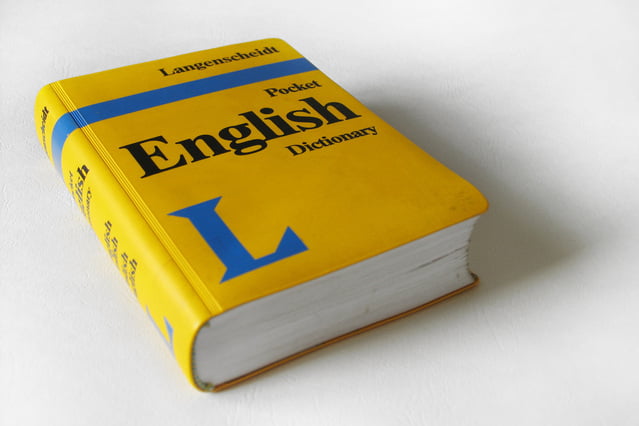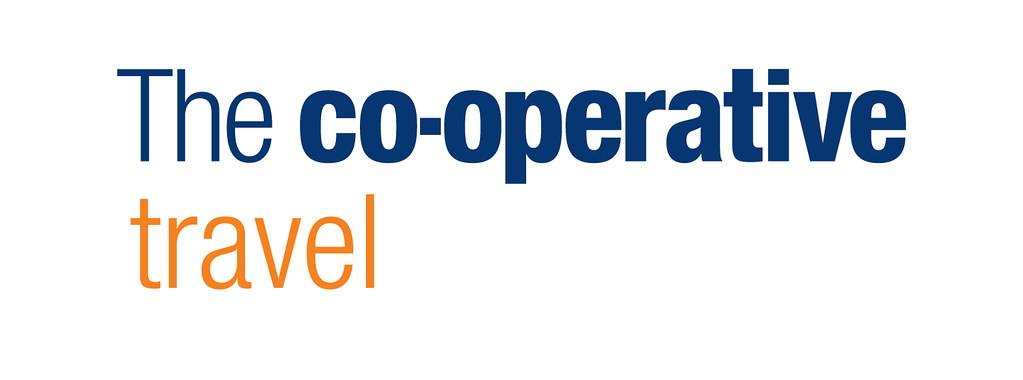On the internet, it’s very easy to stumble upon something that quite simply wasn’t meant for you.
For example, try using the Google News facility and searching for the first thing that takes your fancy. Unless you’ve filtered your search on UK news, you’ll probably find that your results take you to sites from the U.S., Canada, Ireland, Australia, New Zealand, India and South Africa. Some sites might leave you extremely confused as to their origin, but you can find out where the server for the site you’re visiting is based by downloading Netcraft Toolbar, which will display a handy flag in your address bar indicating the place the site’s server calls home.
This is a reminder of how vast the English-speaking world is, and that while all nations speaking it should be able to be understood by each other, there are marked differences in the ways they use the language. It also means there’s a lot of material out there that wasn’t written with the British internet user in mind.
It’s important to remember this if you run a website, whether for business or leisure, and want to communicate with people from outside the UK. The key to good writing is to communicate effectively with your intended reader, so here are four things to consider if you’re looking to spread your content overseas:
1. Spelling differences
Generally speaking, all English speakers can read, write, speak and listen to each other with few problems, but we’re all also very protective of our own national quirks. A certain way to rile a Brit is to pepper your writing with –ize endings, and you’ll get some very furrowed American brows if you use spellings like “colour” and “rumour”. Canadian English, meanwhile, is something of a hybrid between the two.
When using Microsoft Word, it’s a good idea to change your spellcheck language to the variant of English in which you’re writing, so that you get one of Word’s nice red squiggly lines under any slip-ups you might have made. Also, sites like this one offer a comprehensive list of UK, U.S. and Canadian spelling.
2. The ways of words
It might sound like a normal Sunday afternoon if you fill the boot of your car with rubbish and take it to the tip, fill up at a petrol station on the way back, and then pop into the supermarket for some nappies. To an American though, it’s a confusing one, and spellcheck won’t help you here.
Since writing and editing for American audiences, I’ve also learned that the word ‘scheme’ is usually only used to refer to some sort of mischievous plot, whereas in the UK it’s a widely used term for any kind of programme or plan. Also, ‘firm’ is not really interchangeable with ‘company’, as it usually refers to a legal firm in the U.S.
The key is simply to do your research. As you get used to writing in American English, your brain will begin to develop an Americanised Spidey-sense. Give the word you’re looking for a quick Google if you’re unsure.
3. Time differences
You’ve typed up a fantastic blog aimed at the American business professional, and scheduled for it to go live at 9:00am, just as the working day gets underway. Fantastic, or at least it would be if it weren’t for those pesky things known as time zones. What you’ve just gone and done is scheduled your piece at the ideal times of 4:00am for the New York insomniac, or 1:00am for the Californian video game addict.
Aside from anything else, it looks very odd if your blog posts all appear in the small hours of the morning, so remember to bear world time in mind.
4. Currencies
Money is a language we all understand, but the way we calculate it is different from country to country. The little metal cylinders and paper rectangles we hand over in exchange for goods and services here will more than likely be turned back to us elsewhere, as they don’t look like the pieces of metal and paper they prefer to use outside of the UK.
What I’m getting at is that people have little knowledge or interest in any currency other than their own. For that reason, consider the effectiveness of the following statement if you’re appealing to a U.S. readership:
“Last year, our company raised £50,000 for charity.”
“Very nice, that sounds like a big number,” says Texas Tom, “but I deal in dollars.” Straightaway, you’ve put your American reader off by showing that you’ve failed to recognise the monetary world he inhabits.
Make XE.com one of your bookmarks. It only takes a few seconds for you to work out that £50,000 is roughly $73,000, but your reader isn’t going to do it for you. Put this amount in brackets after the sterling amount to show that you are at least acknowledging the nationality of your audience.
Of course, the ideal situation is to test your writing on a native reader before it goes live, or better yet, get an American/Canadian/Australian to write it for you. Failing that, just aim to train your brain to the international differences, and be receptive to any feedback you receive. You’ll soon find that you are communicating in plain English, no matter whose interpretation of ‘plain’ this might be.
- Five life skills learned from internet marketing - January 3, 2024
- How artificial intelligence can (and can’t) help you write content - September 29, 2023
- Is Google OK with AI content or not? - September 25, 2023




























Vivien Richardson liked this on Facebook.